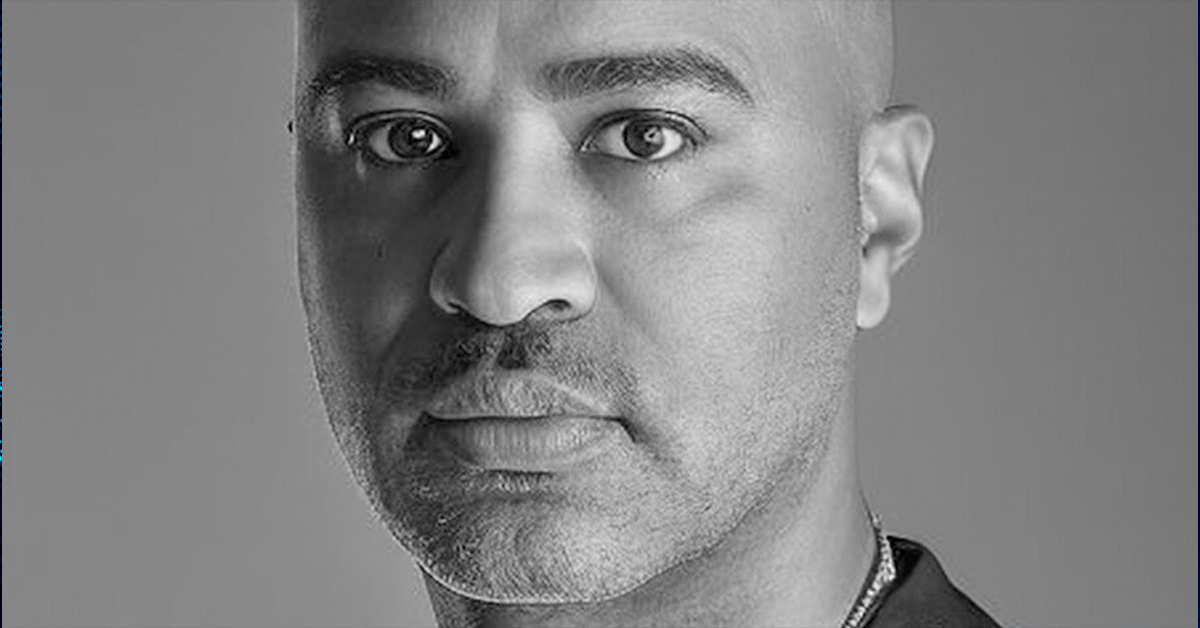In the realm of business services, whether dealing with agencies, consultants, or freelancers, the adage “the customer is always right” is often taken for granted. However, true professionalism and optimal outcomes are achieved when clients understand that they play a critical role in the success of any partnership. This article delves into the responsibilities of being a good client, emphasizing respect for the expertise, time commitment, and operational boundaries of service providers.
Acknowledge Budget Limitations
A cornerstone of professionalism as a client is being upfront and realistic about budget constraints. Effective collaboration begins with transparent discussions about financial capabilities and limitations. This clarity allows service providers to tailor strategies and solutions that optimize resources without compromising the quality of the outcome. Clients need to understand that quality service comes at a cost and setting clear budgetary constraints upfront avoids misaligned expectations.
Respect Time and Expertise
Time is an invaluable asset, and respecting its allocation is crucial. Clients should avoid the pitfall of assuming that their project is the only priority for the service provider. Being mindful of the provider’s time involves providing timely feedback, being prepared for meetings, and adhering to agreed-upon timelines. Moreover, respecting the provider’s expertise means trusting their recommendations and understanding the rationale behind their strategies and decisions.
Stop Wasting Time
Efficiency is key in any professional interaction. Clients can contribute to efficiency by being concise and clear in their communications, avoiding unnecessary revisions, and minimizing last-minute changes that can derail the project’s progress. Efficiency also involves being decisive and avoiding the back-and-forth that often prolongs projects unnecessarily, increasing costs and diminishing the overall quality of the service.
Communicate Effectively and Respectfully
Effective communication is not just about exchanging information—it’s about fostering mutual understanding. Clients should strive to be clear about their expectations and needs from the outset. They should also listen actively to service providers, acknowledging the insights and expertise these professionals bring. Open, respectful communication can prevent misunderstandings and build a foundation for long-term collaboration.
Set Realistic Expectations
Clients must balance their expectations with the reality of what can be achieved within the given constraints of time, budget, and provider capabilities. Expecting world-class outcomes on a shoestring budget or demanding unreasonable turnarounds can strain any professional relationship. Instead, clients should engage in a dialogue to understand what is feasible and adjust their expectations accordingly.
Acknowledge the Partnership
Viewing the relationship with your service provider as a partnership rather than a vendor transaction changes the dynamic significantly. This perspective encourages a more collaborative approach, where both parties are invested in achieving the best possible outcome. In this model, the client’s role extends beyond just funding the project; it involves active participation, shared responsibility, and mutual respect.
The Client is Not Always Right
Embracing the notion that “the client is not always right” can be transformative. It allows clients to be more open to feedback and to consider different perspectives and solutions offered by their service providers. Recognizing that expertise is why they sought a professional in the first place, clients can foster a more balanced and productive relationship that respects professional boundaries and expertise.
Keep Reading
Want more? Here are some other blog posts you might be interested in.
2026 is not a year for polite forecasts. The mechanics of growth keep changing, and the margin for sloppy thinking keeps ...
You could feel it in the room this year. Not in a vague “the vibe shifted” way. In the practical, stressful ...
He looked across the conference room table at me and said, almost in a whisper, “I hate to be the bad ...
For founders and growing companies
Get all the tips, stories and resources you didn’t know you needed – straight to your email!



